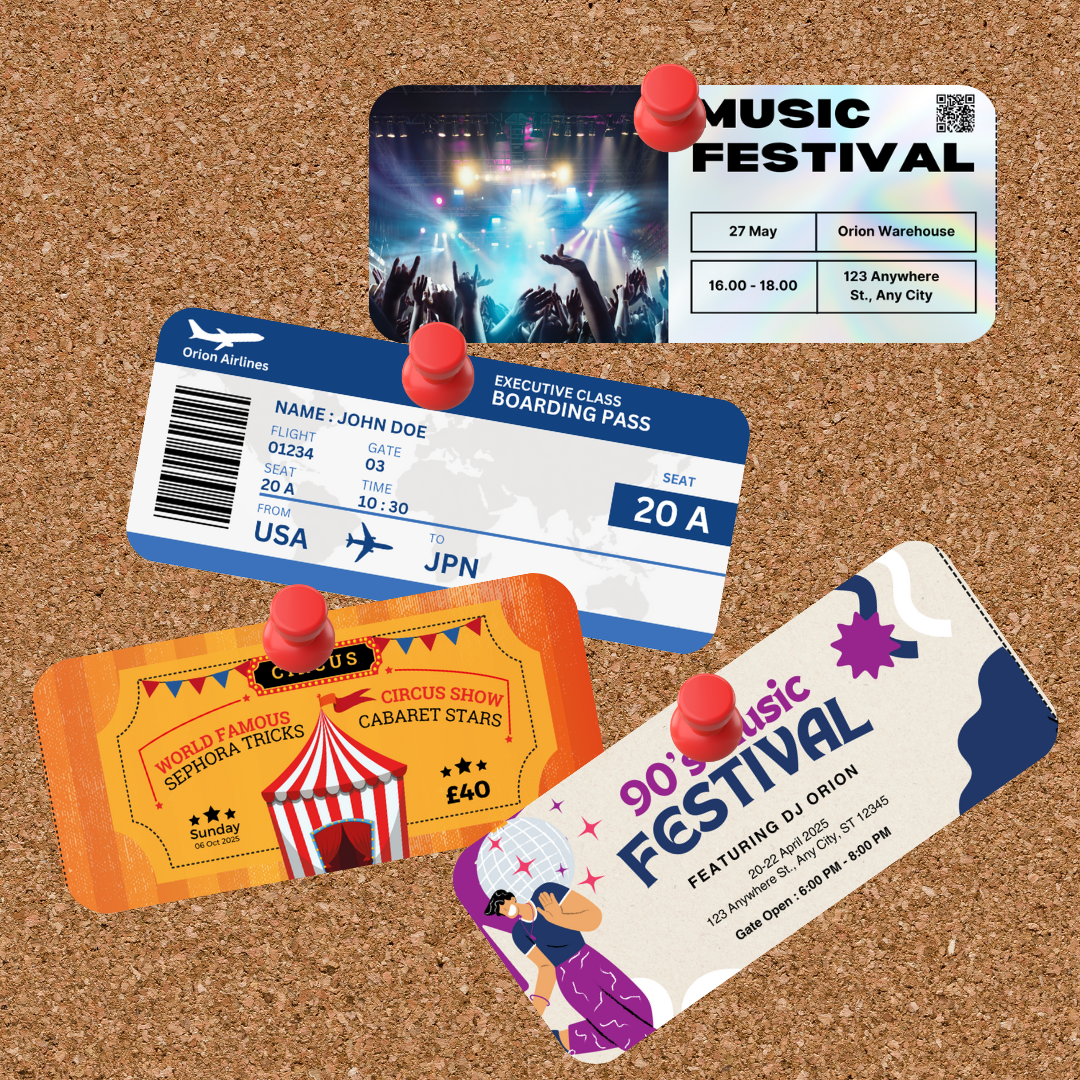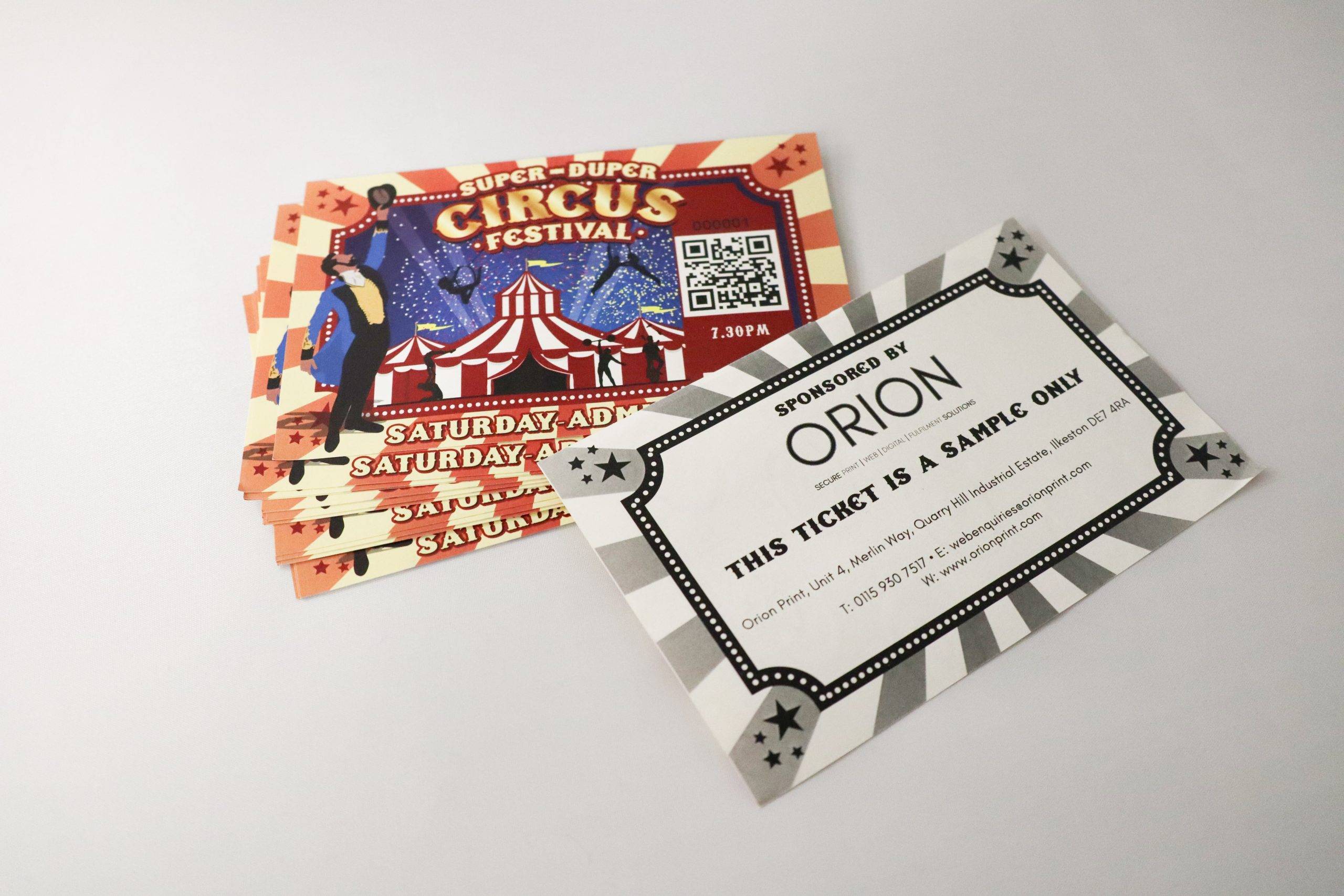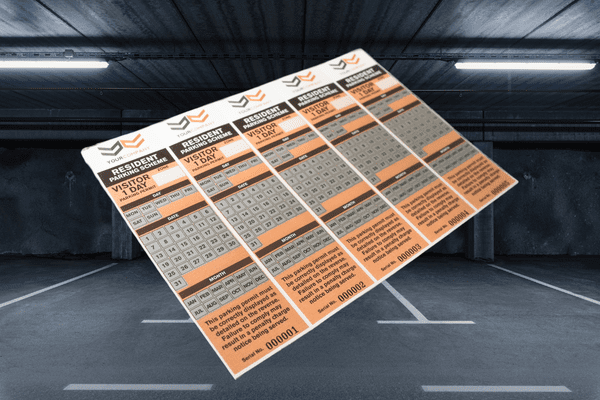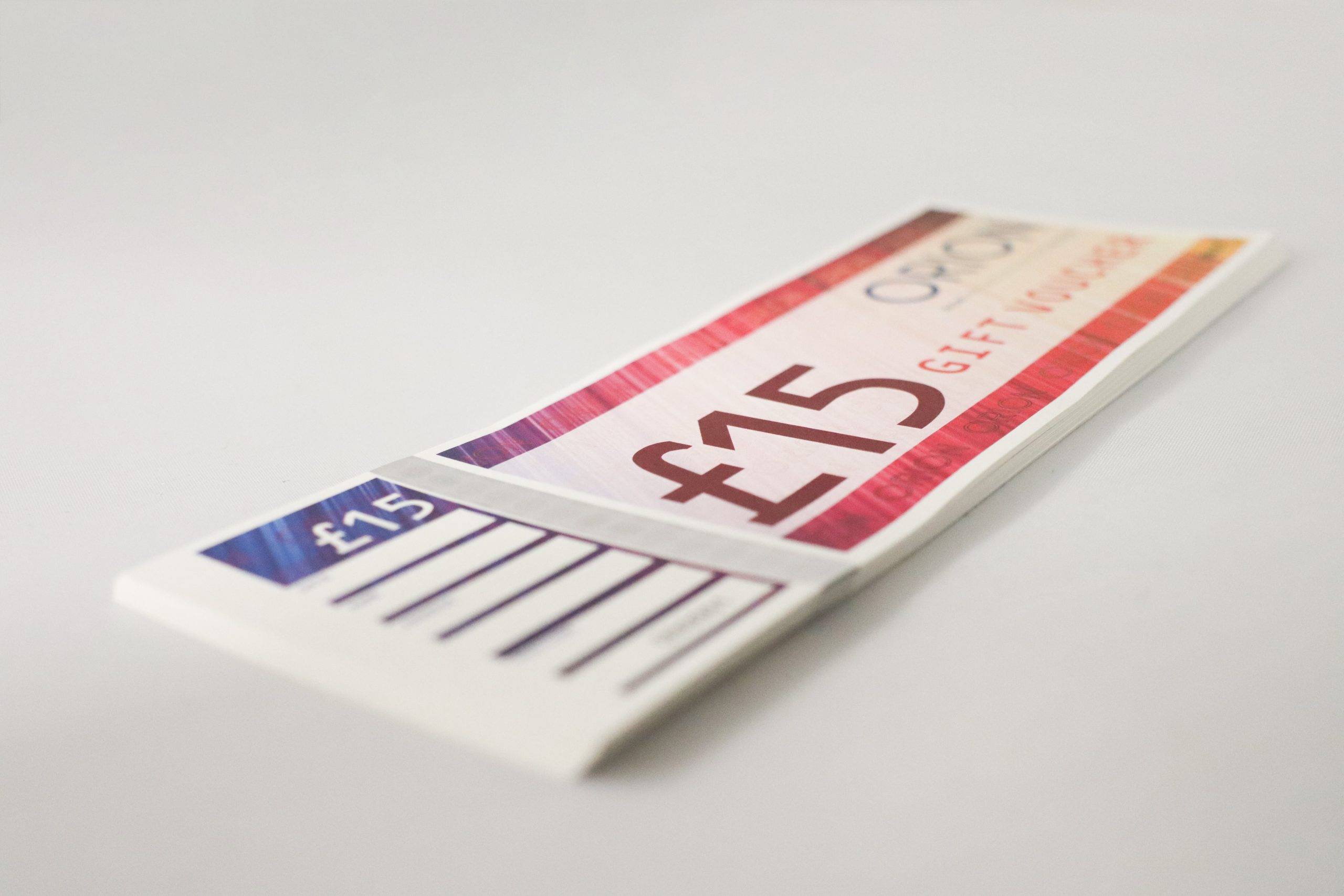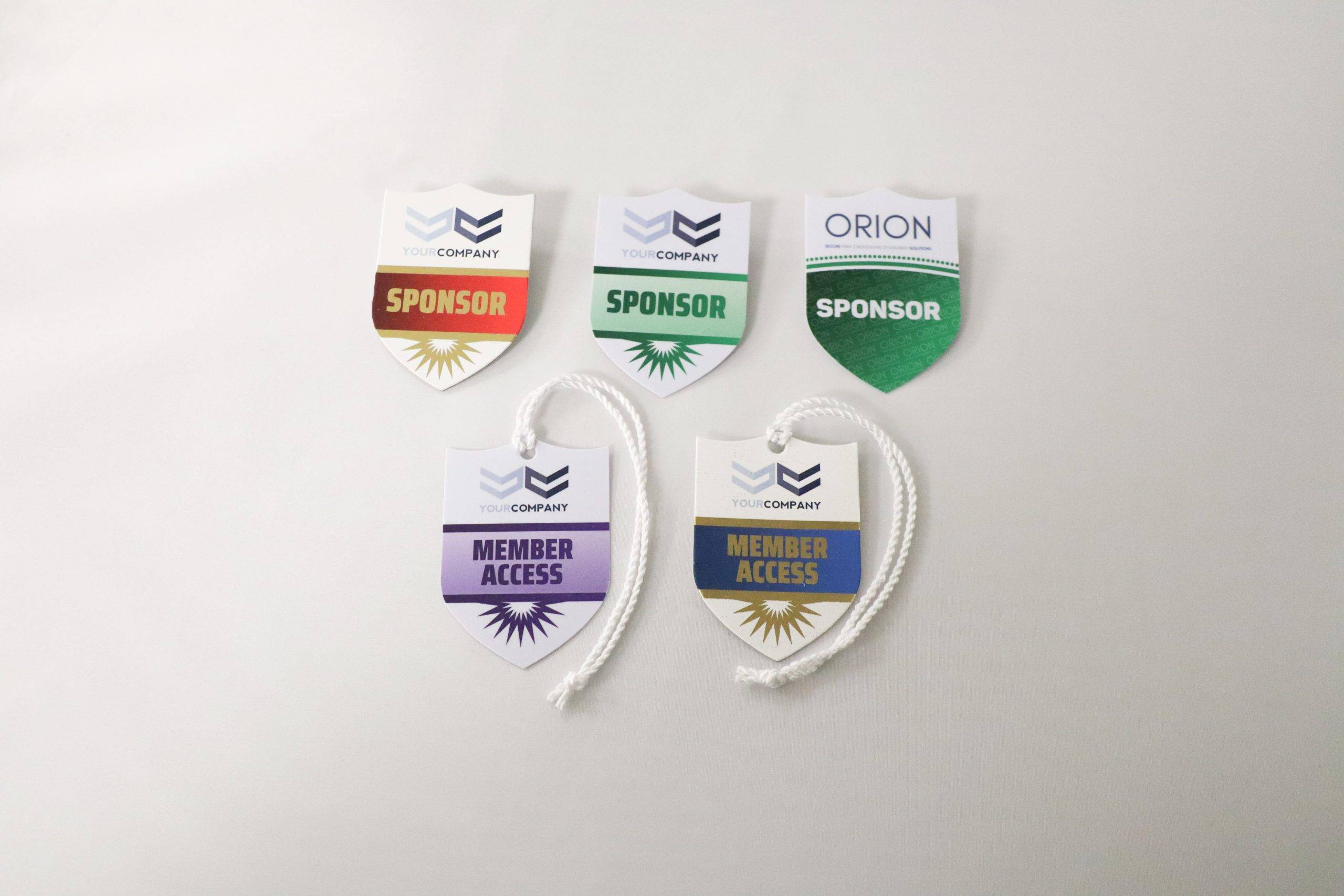How To Plan An Event: Event Planning Checklist
6 August 2024
With so many events going on at the moment—the Olympics, the recent conclusion of the Euros, etc.—it is critical for individuals and organisations to know how to maximise the impact of their events. A checklist for event planning is a wonderful method to make sure you have everything you need and get as much done as you can to make an amazing event, build relationships with guests, and leave a lasting impression on all those involved.

Why are events important?
Events are important no matter whether it’s for a company to boost their sales and exposure or a world renowned competition such as the Olympics. This is because they create a buzz around whichever topic they’re about, as well as creating a sense of community, excitement and connections through a shared experience. By putting on an event, companies are able to foster community engagement, providing a multitude of opportunities for themselves, especially if they utilise certain products and solutions for their event. Events are the perfect opportunity to drive growth, encourage collaborations, grow connections and gain brand exposure.
How to plan an event: The event planning checklist
1) What is the event?
Defining the event and determining its purpose is the first stage in event planning. You must establish your own aims and goals for the occasion. What do you hope to gain from it? During this point of the process, you must also need to choose what type of event you are hosting, is it a social event, a virtual event, a festival? By doing so, you are able to set out clear objectives for your event and outline specific factors such as the number of attendees, the types of activities being thrown, and more. This will make planning your event much simpler with clear and concise aims.
2) Budgeting and cost
Now you have the scope and purpose of your event, you must take into consideration the cost of the event and what budget you can achieve. Creating a detailed budget with all expenses will help keep you organised and realistic. Prioritise the most important components of your event first, so you can allocate your budget funds wisely, and set aside a portion of your budget for unexpected costs.
3) Selecting the date, venue and logistics
You need to consider the availability of people, the weather, and the attendance of your event while selecting the day. The date’s compatibility with any upcoming events or holidays is also crucial, as this could reduce the number of guests you can invite.
When it comes to choosing your venue, select a location that works for the size and purpose of the event. If you can, stop by to check out the area. To guarantee quality, read reviews and ask for recommendations. Ensure that it has all the essentials, including video equipment, catering options, and seating arrangements.
Your event must be logistically accessible, meaning that everyone who attends, including those with disabilities, can easily enter the location. Parking is a great benefit to any event, allowing guests to access it easily, or even if you can make it near public transportation. Lastly, you must make sure the venue can hold the expected number of guests, it is vital that the guests are safely accommodated and have the right facilities.
4) Outlining the event
You will need to create a detailed schedule of your event, including all of the activities you plan on providing, as well as selecting any talent. This is also a great opportunity to plan and source your activities to help engage your audiences, this could include things such as networking opportunities, games, q&a sessions, competitions and more. Planning the agenda of your event will benefit you greatly, and keep you organised.
5) Event marketing
Marketing and branding are powerful tools, and they can help gain exposure to your event and drive in the attendees. It is vital to develop a theme and align it with the event’s overall purpose to then create attractive marketing materials. These materials could range from posters and invitations to social media graphics and e-mails. Your promotion strategies can then utilise these materials in campaigns such as social media, email campaigns, partnerships, and more.
6) Identifying key vendors and suppliers
Whether it’s decorators, caterers or secure printing solutions, you must identify your key vendors ready for your event. This step is very important, so make sure you go with vendors you know are trusted and will deliver on quality. It is also a good idea to have some sort of vendor coordination, so on the day of the event everything runs smoothly. This is also an important step to take if you need products or services ordering for your event, such as secure tickets or wristbands, which can keep your event safe and organised.
7) Staffing and volunteers
Similar to hiring and organising your vendors, you must determine your staffing needs, which includes hiring, sorting roles and responsibilities. This includes training and briefing your staff or volunteers so that everyone knows their role and the tasks required for that role. This keeps the events running smoothly and safely.
8) Identifying risks
The security of your attendees and staff must come first when organising an event. As a result, identifying any potential hazards and developing a backup plan for these typical issues are essential. For example, you must plan for any weather conditions, technical issues or any safety concerns, and create backup strategies for these. Not only this, but you must also take out any necessary permits or insurance coverages, to keep everyone safe.
9) The big day
When it comes to the big day of the event, make sure you have set up a timeline for the venue to execute it with ease, as well as managing it smoothly to keep everything flowing and coordinated. It is also important to handle any unexpected issues on the day quickly and calmly. Most importantly, enjoy the event, and let your guests enjoy it too!
10) Post-event insightful data
As with any form of marketing and event, gathering feedback to analyse the success of your efforts is absolutely vital. This can be done through testimonials, surveys, reviews and looking at metrics and statistics to evaluate the success of the event. By doing this, you are able to alter elements for your next opportunity, to keep growing and understand where you can improve. Lastly, make sure to show appreciation to everyone who attended, worked and helped you with the event.
10 Important products and services for events
When planning an event, there are a multitude of services and products that can help, whether it is to improve security, boost efficiency or to simply entertain attendees, we will run through a few popular choices:
Event tickets: Custom event tickets are perfect to keep events organised, safe and bring event holders some brand exposure. These tickets can be designed to be personalised with the holder’s name, details such as a seat number, and branding, making them unique to the event. They can also be fitted with security features to protect the tickets from fraudulent activity and counterfeiting.
Lanyards: Lanyards are the perfect way to easily help identify staff, participants, artists and security. Lanyards can come with complete customisation, and they are practical as well as stylish. Event lanyards can come in a variety of shapes and materials, such as recycled polyester, with safety breakaways.
Wristbands: Try custom wristbands which are the perfect choice for one-time events. You are able to customise these wristbands by colour, adding QR codes or barcodes, and utilise the adhesive tab to prevent reuse and protect revenue.
Marketing materials: Use banners, leaflets, posters, and other promotional materials to advertise your event. These resources aid in attracting interest, offer crucial information, and improve guests’ entire experience.
Catering: For any kind of event, having food and drinks available is imperative, especially in coordination with drink vouchers. Catering services can satisfy every dietary requirement or choice, from light snacks and beverages to substantial dinners.
Parking permits: Simplify parking and boost efficiency and safety at your event with secure parking permits. These parking permits offer pre-paid options and can be sent directly to the ticket holders, as well as coming in a variety of options. Choose from stickers, hangers or dashboard passes.
Drinks vouchers: Drinks vouchers can be provided before or during events to bring in attendees to spend more at the stalls or bar. They can also have security features implemented on them such as UV ink, foils, or holograms to prevent counterfeiting, ensuring your event vouchers are safe and official to avoid revenue loss.
Transportation: Making travel arrangements for your guests can greatly improve their experience. This covers ride-sharing company partnerships, valet parking, and shuttle services.
Badges: Impress and secure your event with custom badges. These badges are ideal for staff, exhibitors, attendees and more. They ensure smooth ID and access control with options of magnetic, lanyard styles, pinned and ties badges. Similar to badges, are ID cards which equip your team with personalised ID cards that prioritise both security and professionalism.
Chargers: Offering participants portable chargers or recharge stations can be a lifesaver, particularly during lengthy events such as festivals. Throughout the event, this service makes sure that attendees can keep in touch and involved.
Conclusion
In conclusion, with major events like the Olympics and the recent Euros highlighting the importance of meticulous planning, an effective event planning checklist is crucial. This tool helps individuals and organisations create impactful events that foster community engagement, drive growth, and enhance brand exposure.
Key steps include defining the event’s purpose, budgeting, selecting a venue, scheduling activities, marketing, and ensuring accessibility and safety. Gathering post-event feedback allows for continuous improvement. Essential products like custom tickets, lanyards, wristbands, and marketing materials enhance security, efficiency, and guest satisfaction. With careful planning, any event can leave a lasting impression, just like the Olympics and the Euros.

